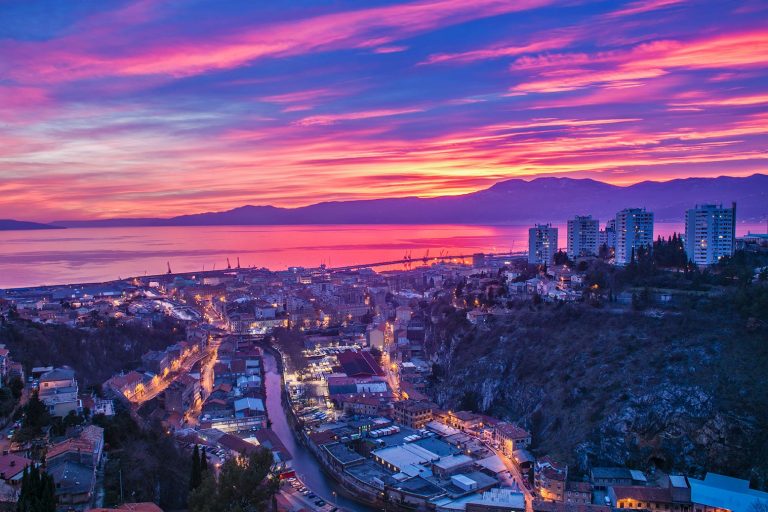The Center of Competence for Smart Cities is a three-year project of national importance, and at the same time the largest development project in Croatia in the field of information and communication solutions, aimed at improving the quality of life of citizens. The project implies a systematic and innovative approach to the development of the city, management of its resources, processes and services, with the help of new technologies. This raises the quality of life of citizens and visitors, and enables smart decision-making and management, as well as increased efficiency in terms of planning and achieving savings. Unnecessary waste of the public funds will be avoided, as well as inadequate quality of the public goods and services.
In addition to making optimal use of resources, a smart city simultaneously encourages citizens, communities, scientific research institutions, and entrepreneurs to use the collected data, which increases the possibility of participation in detecting problems and finding solutions. A smart city is also flexible, open, accessible, and focused on citizens, and in the long run it attracts investment, encourages entrepreneurship, increases productivity, and democracy among other things.
The Center of Competence for Smart Cities (CEKOM) implies a partnership in the innovation cluster, which connects economic entities and research institutions on research and development projects in smart cities. The goal is to solve the challenges that cities face, such as transport, energy, ecology, infrastructure, resource management, etc. In the innovation cluster that should make Rijeka the smartest city in Croatia, 20 partners are gathered.

Zašto Rijeka?
The City of Rijeka is an ideal test polygon, where all challenges suitable for testing services in the field of developing solutions for smart cities are met. The city of Rijeka is a developed transit hub, which causes significant problems in the field of transport and ecology. Also, Rijeka is an increasingly important tourist destination with a tourist-developed satellite environment (Opatija, Krk, and other islands). The touristic component is particularly pronounced in the summer, where the multiple increases in the number of people using public services greatly affect the quality of life of the citizens.
The complexity and problems faced by the city of Rijeka are challenge and the basis for research and development projects, with an emphasis on innovative solutions, models, and technologies that can contribute to more efficient and effective solutions of urban problems, in those areas considered essential for further urban development.
The readiness for participation of the communal utility companies, within the city jurisdiction in projects with industrial partners, proved to be crucial, given that the public utility companies are also logical test users of newly created products, methods, and solutions.

What is a “Smart City”?
In the past few years, the concept of a smart city has become extremely popular and attractive. Previous initiatives, which aim to design and implement smart cities, have proven that there is no single approach to making the city “smarter” and sustainable. Each city represents a unique system, where different actors – city administration, utilities and citizens, undertake a number of activities creating complex interactions and interdependencies. Although most definitions of a “smart city” differ in highlighting several key characteristics, they all point to the use of technology and networked infrastructure in order to improve economic and political efficiency, and to enable social, cultural, and urban development.
IKT solutions are already being implemented in various industries, such as transport, construction, communal systems, banking and the public sector, health, education, and sports. Understanding the special ecological and social context of the city, its priority activities, as well as its history and specific features, it is crucial to choose the direction of development of new systems that contribute to the efficiency of the city services. For example, IKT enables the so-called smart buildings, smart infrastructures (water, energy, heating and transport), smart services (e-travel services, health, learning, and advertising), which significantly change the urban experience for residents and travelers.
Certainly, that at the level of smart industries and services the goal is to improve all components. The communal services, such as water supply, must be equipped with modern technological solutions in order to increase efficiency and reduce losses. Energy-efficient construction in smart locations needs to be encouraged, and smart government includes smart services for the citizens available online, communication between public administrations ‒ instead of citizens walking from a department to department, etc.
The research, which will be realized within CEKOM (Center of Competence for Smart Cities), fully covers the key dimensions of the smart city.

- Pristupačnost
- Sigurniji trasport
- Efikasniji transportni sustavi
- Izbjegavanje gužvi i zastoja te povećana efikasnost kretanja ljudi i vozila